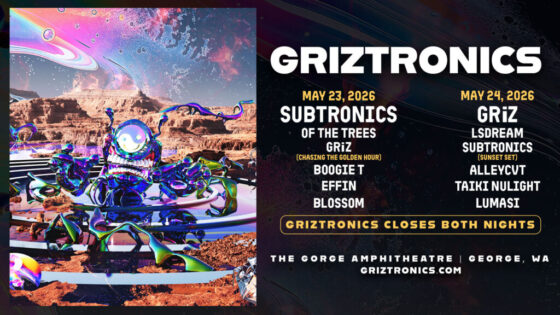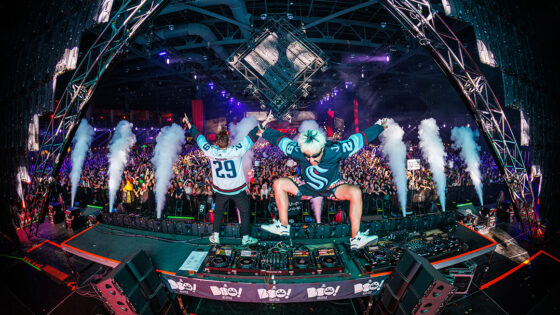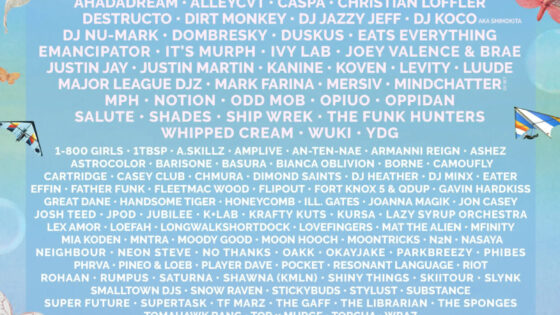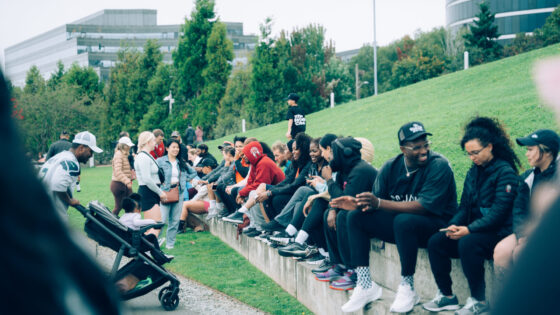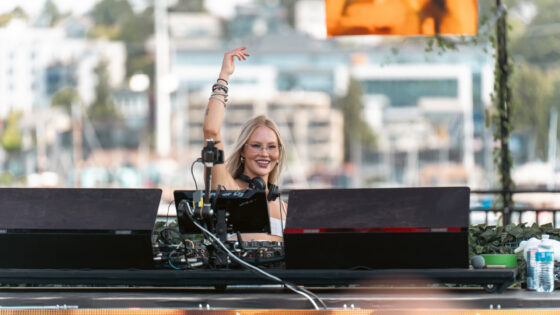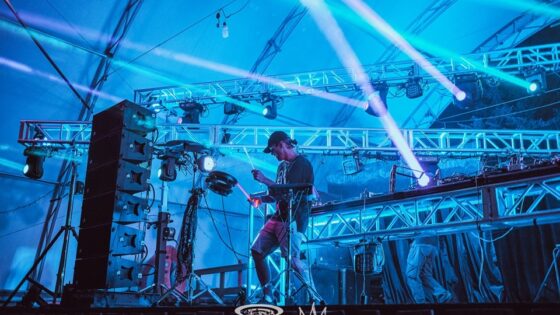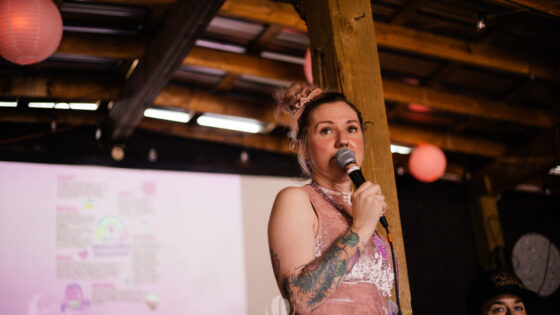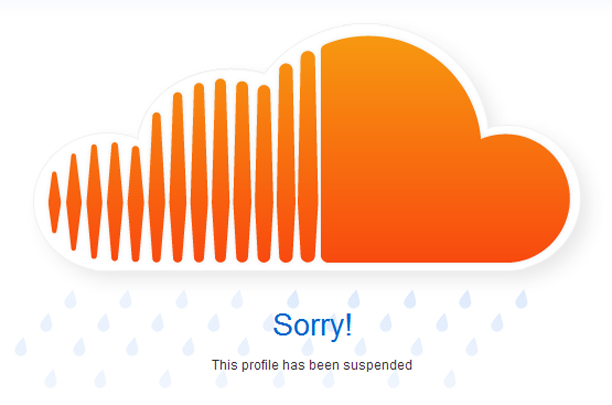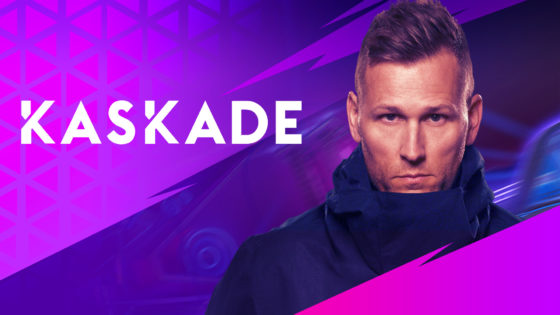Over the last few days, Kaskade has seen his SoundCloud account disassembled piece by piece, after receiving a number of emails alerting him to copyright law violations. While this may be a temporary hiccup for Kaskade, it is important we understand Kaskade’s stance and the landscape in which our music is shared so that we can take action to consume music thoughtfully and openly.
SoundCloud always seems to be making headlines for booting someone off or deleting music because the website uses a tool called Audible Magic to police its content. Audible Magic automatically scans content to confirm that the user who uploaded said content is the owner. (Competitors of SoundCloud, such as MixCloud, do not do this, but also do not give users the ability to download music.) The letter of the law says that it is the responsibility of the owner of the music to report unauthorized reproduction or distribution of their music; but with Audible Magic, SoundCloud is representing the interest of the music owner to strictly prohibit violation of copyright laws.
Kaskade understands that according to the law, he is wrong for posting the content of others. He gets that he was in the wrong, technically speaking. And he concedes that copyright law is well-intended.
Sampling other people’s work comes with a price. And it makes sense on one hand – why wouldn’t you compensate someone who created something you’re using? A writer can’t just plagiarize another writer and call it inspiration. An artist can’t cut and paste other artwork and claim it as their own. Why would the rules in music be any different? Calling it a mash up, a tribute, a homage or a remix: does it even matter?
If only the original and the copy came in contrasting colors, so that it was always easy to know when one was breaking the law.
There exists a notorious grey area in the world of music production called The Mashup, which Kaskade explains as work “made up of the DNA of songs that already exist; directed by one, but manufactured by many”. These clever rethinkings of previously-recorded material represent the biggest challenge for Kaskade and countless other artists in giving credit where credit is due (because this is often desired by the person making the mashup!) and avoiding breaking the law. Kaskade himself wants to give credit when appropriate, and argues that it matters. But another less-considered factor in the overall distinction of “right” or “wrong” is whether the motive is profit or pleasure.
[T]he devil is in the details, and comes down to intent. It’s different for everyone. I speak for only myself when I say the mash ups I put up are strictly for pleasure. I’m not looking for likes or dollars with these pieces. Usually they are a combination of songs that have been washed, rinsed and repeated enough that they’d be in the DNR pile for most DJ’s. When I bring them out, I’m certainly not claiming that they are my brainchild alone and in fact always always give credit to every artist involved. The truth is that very few people actually buy music anymore. So the landscape of being a musician has changed.
Kaskade advocates for the freedom to share music if the intent is just that: to share music. When the owner or distributor does not desire to make cash, why are we getting so caught up in the details? Historically, the motivation to police the distribution of music has been driven by two heavy forces: the desire to control distribution and representation, and the more obvious desire to profit. Copyright laws and federally-mandated royalty schemes, which combine to create complicated contractual obligations for those involved in making and sharing music, impact us everywhere we consume it, but nowhere more painfully than online.
There’s always been this cagey group of old men who are scared to death of people taking their money. Back in the day, they were upset that the technology existed to record onto cassette tapes directly from the radio. “What! (Harumph!) Why will people buy music if they can just pull it out of the air?!” Yet, people still bought music. Because it was more accessible. Because more people were exposed. Because Mikey played it for Joey on the corner and then Joey had to have it. It’s music, and we buy what we love. We can’t love music we haven’t heard.
Kaskade clearly believes that all sharing is positive, because it could lead to the purchase of music, or of an experience. And it’s no secret that the way we consume music has changed. So much music is available for free. Artists are finding different ways to profit. The live experience, often found at a festival, is what we are motivated to drop cash on.
Important things happen in Pacific Northwest nightlife, and DMNW will send you alerts!






